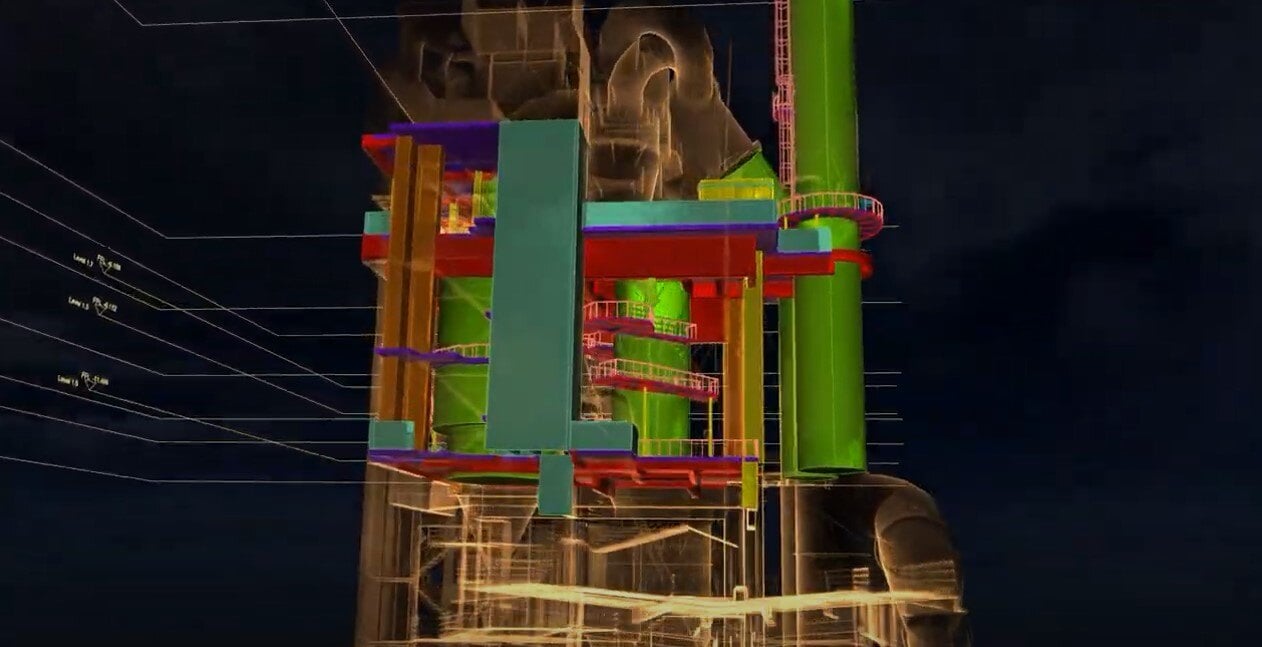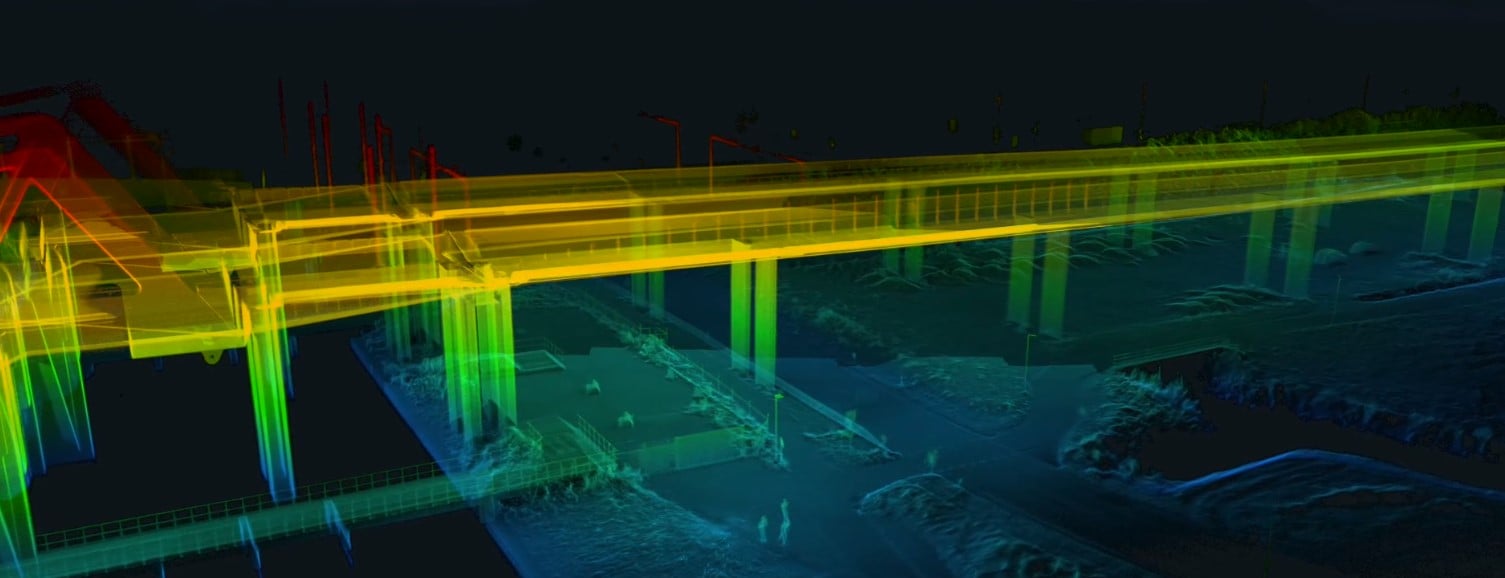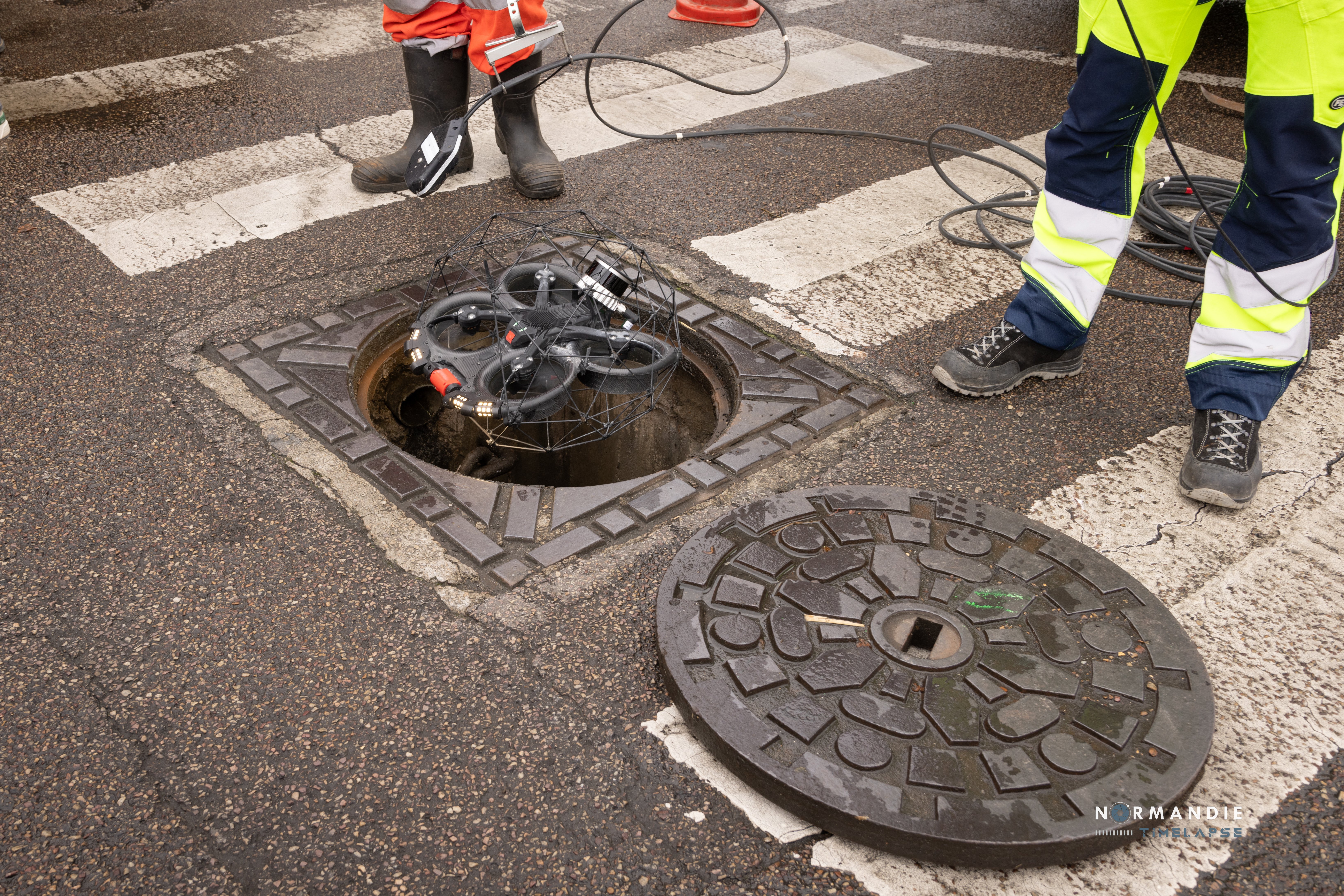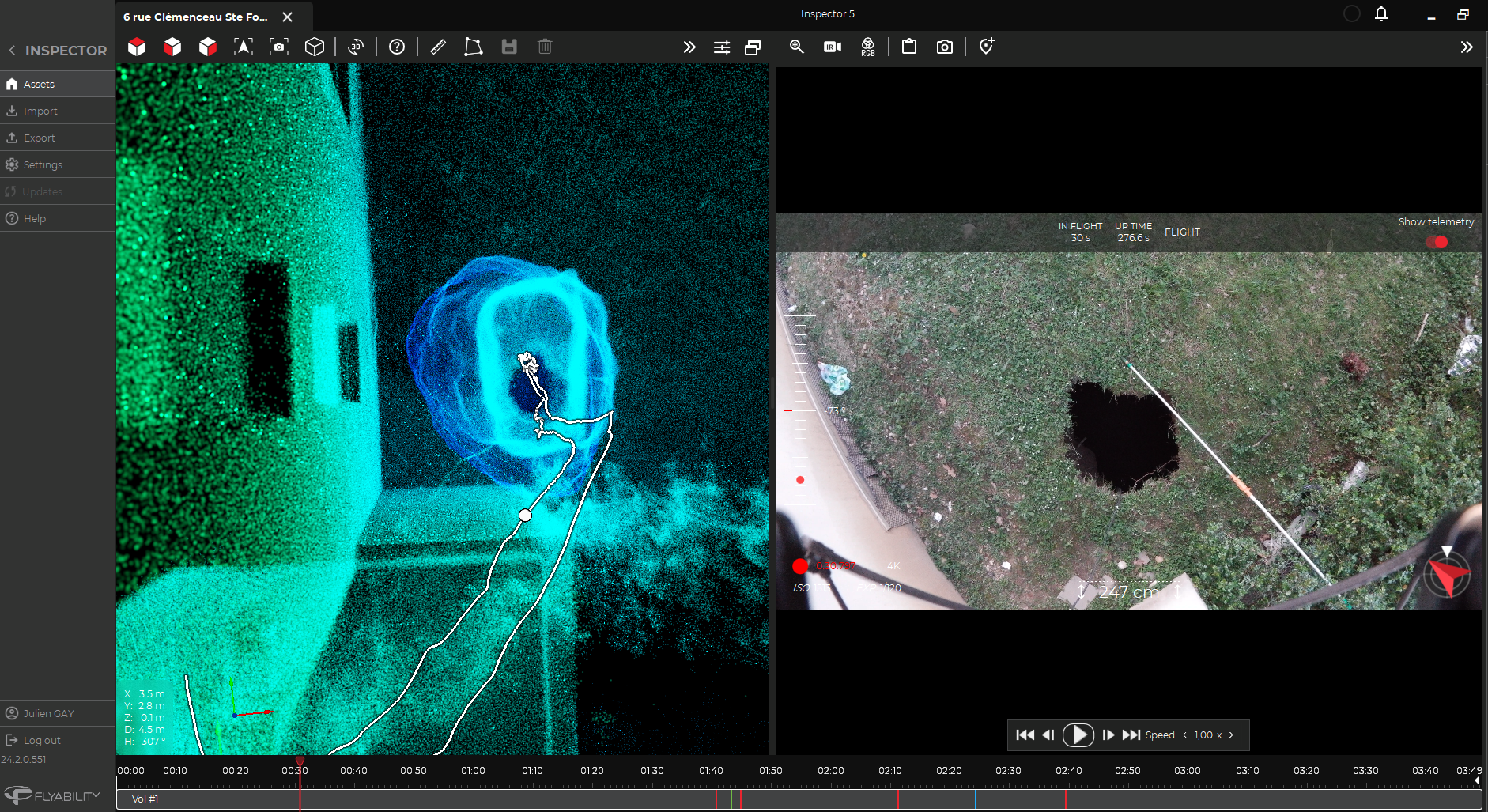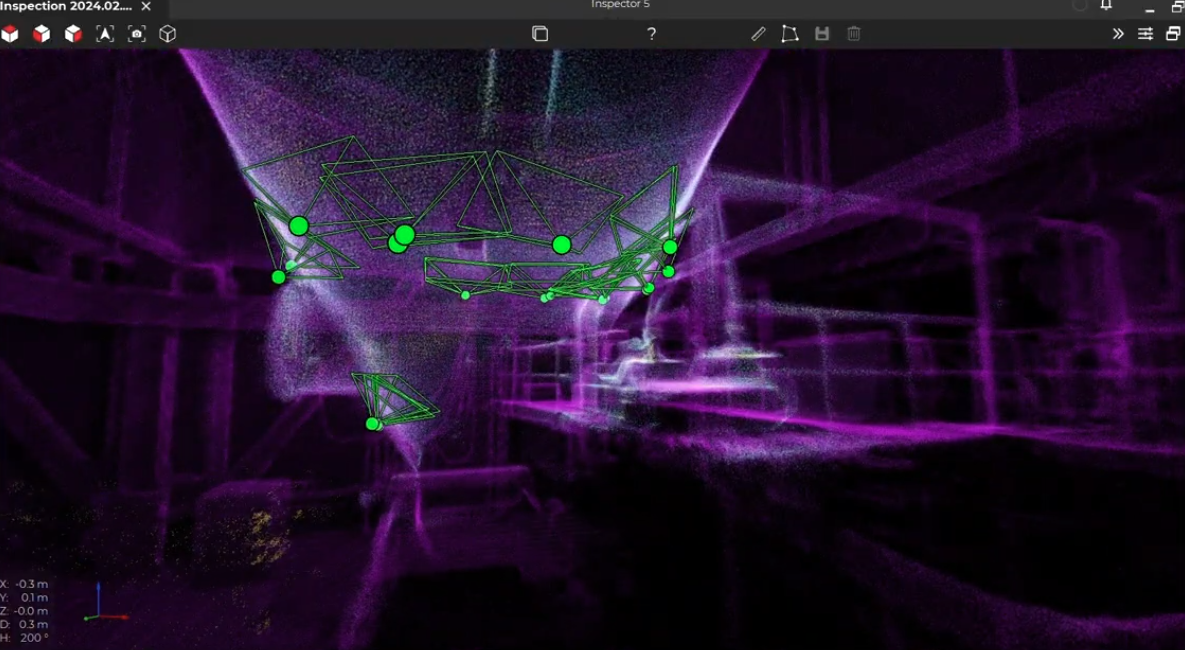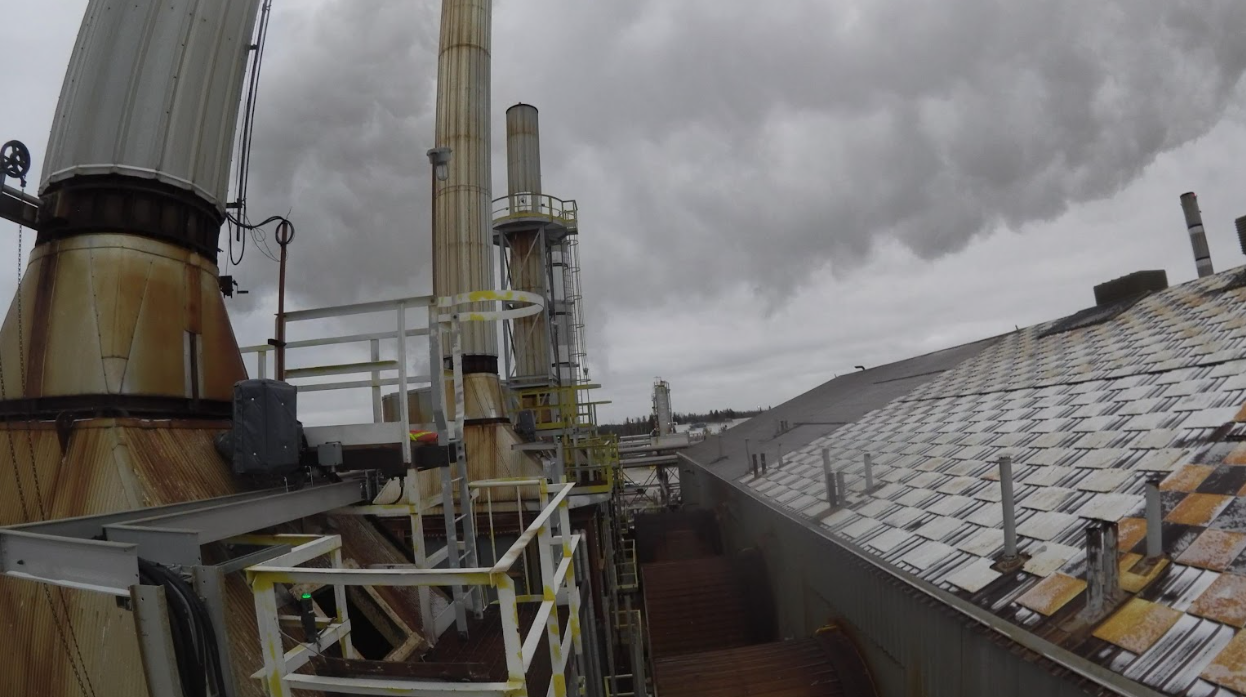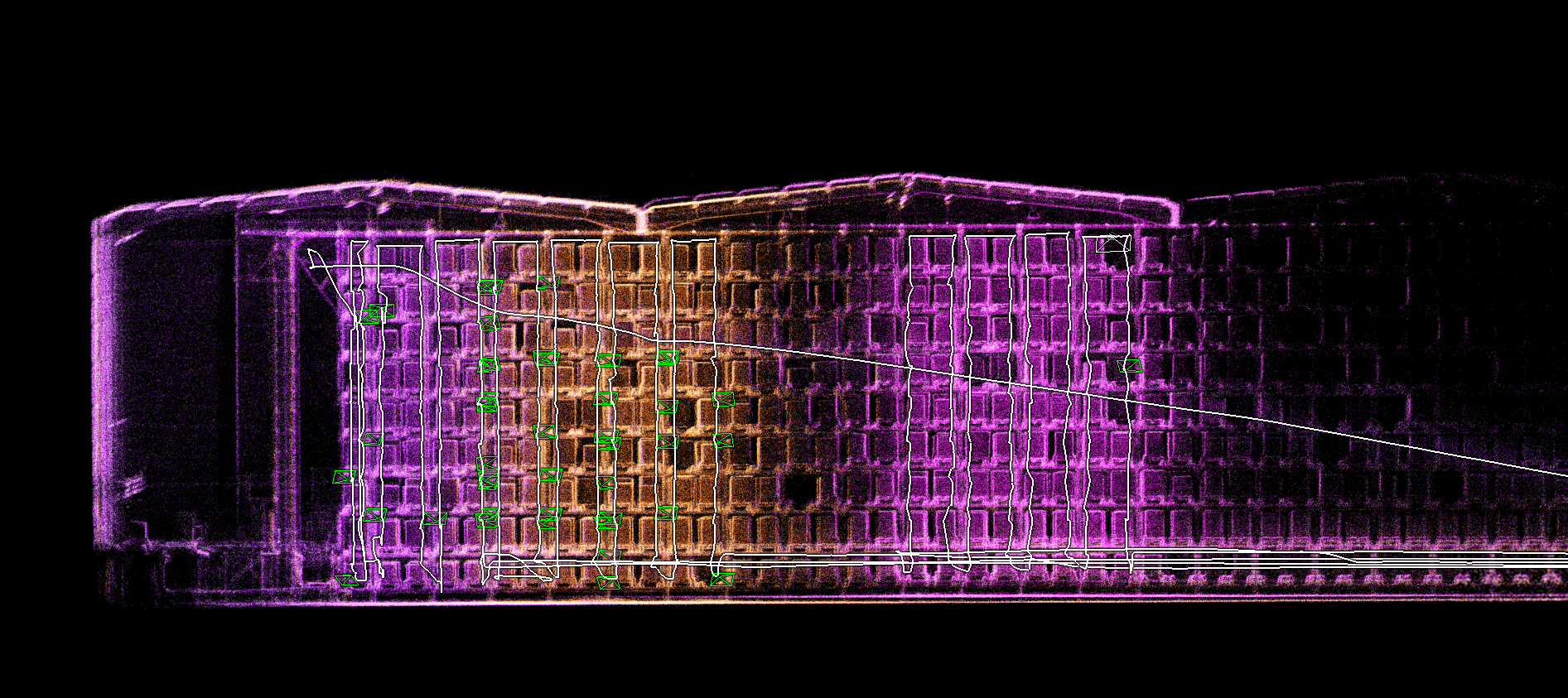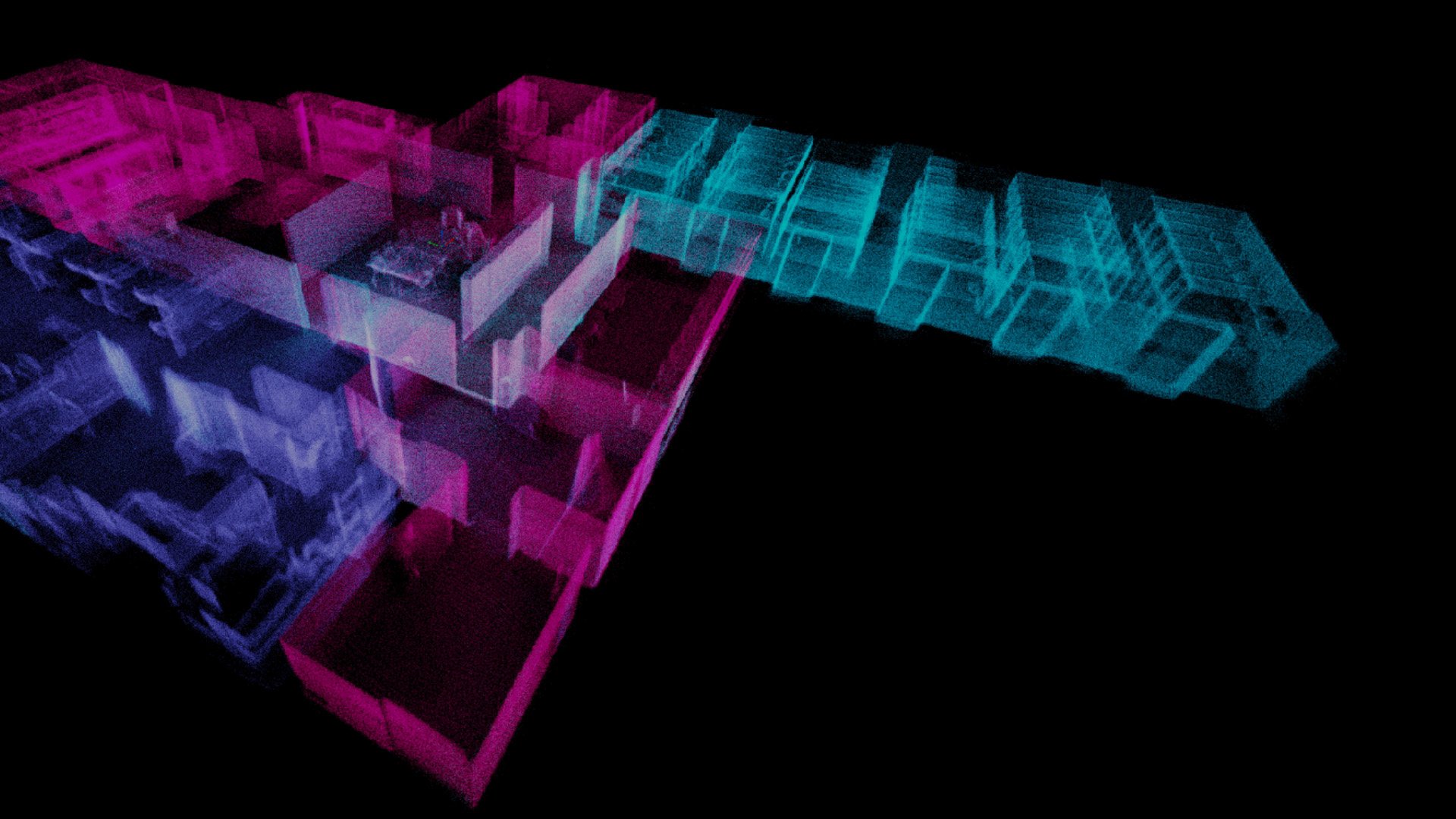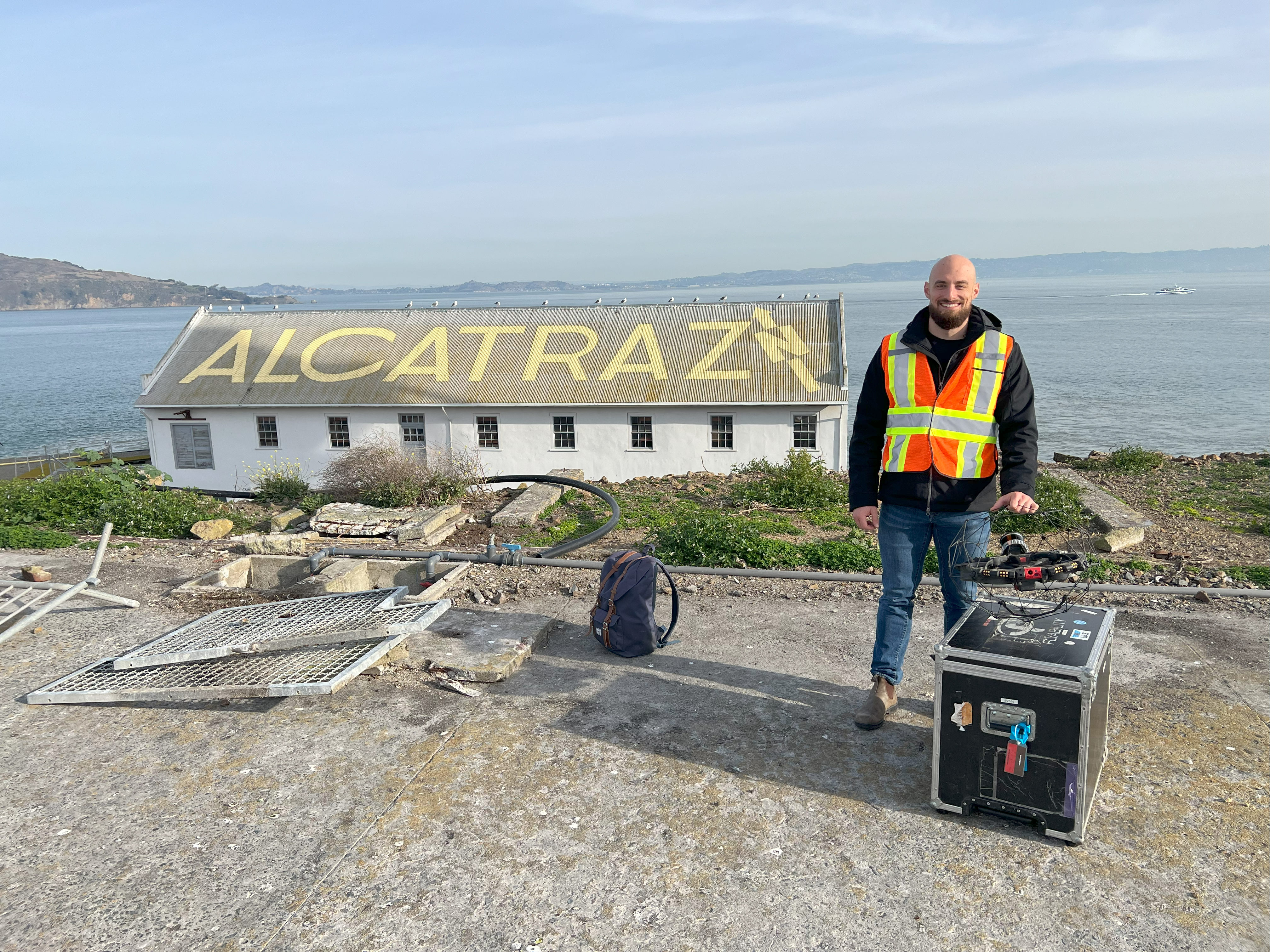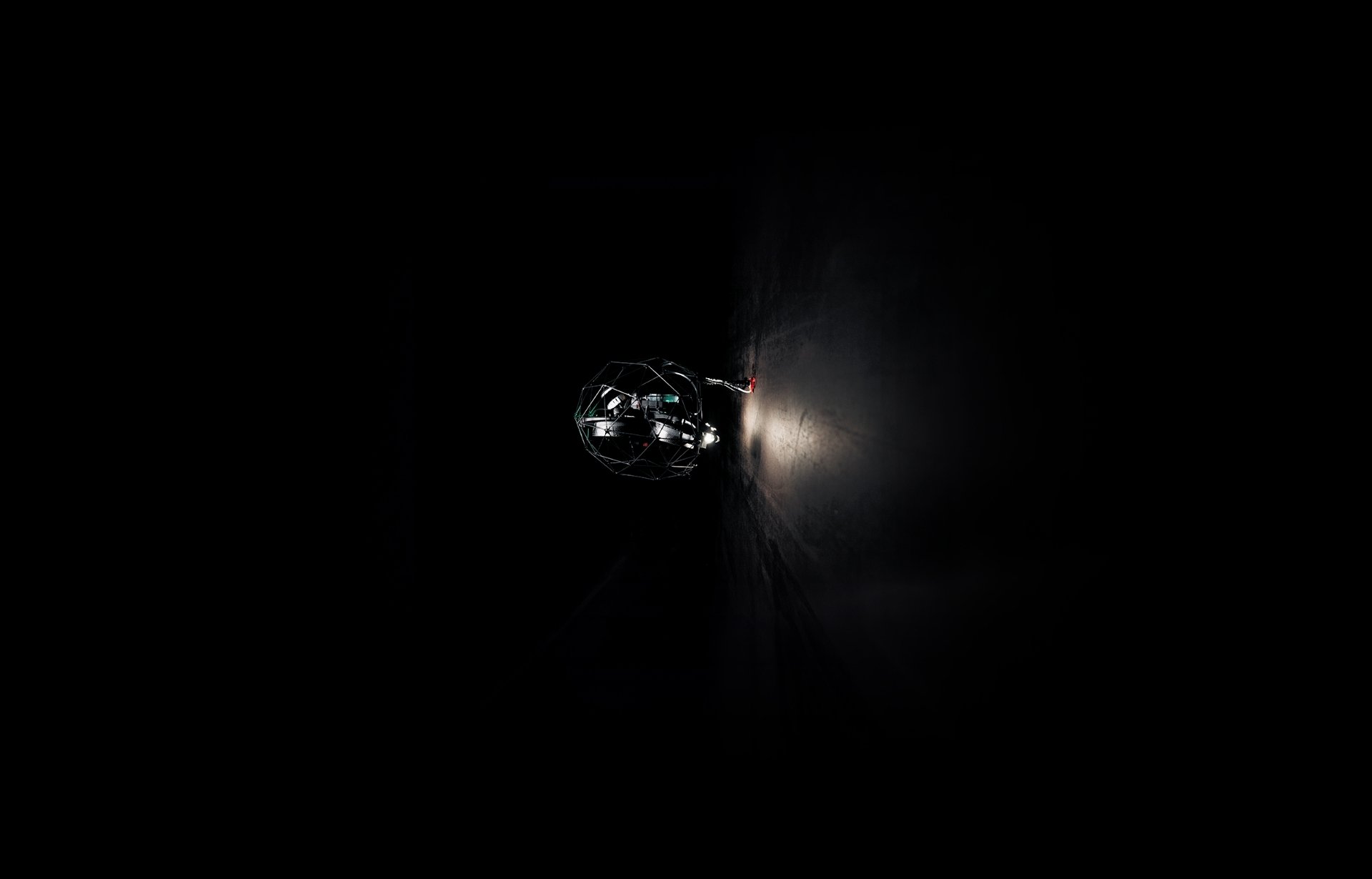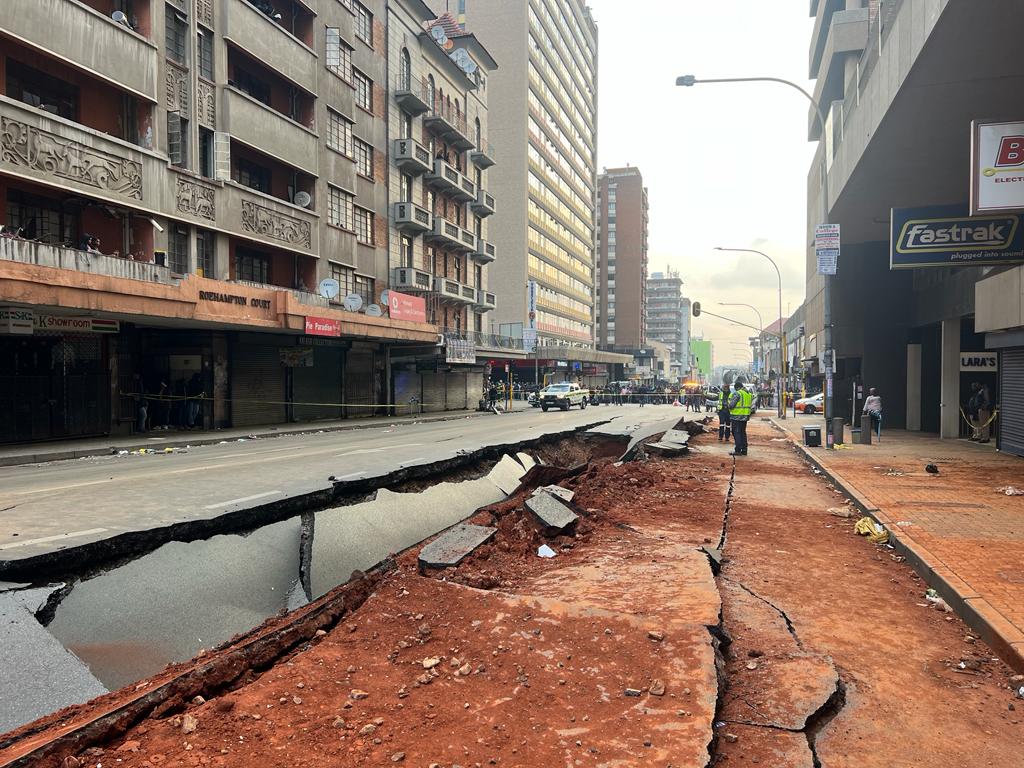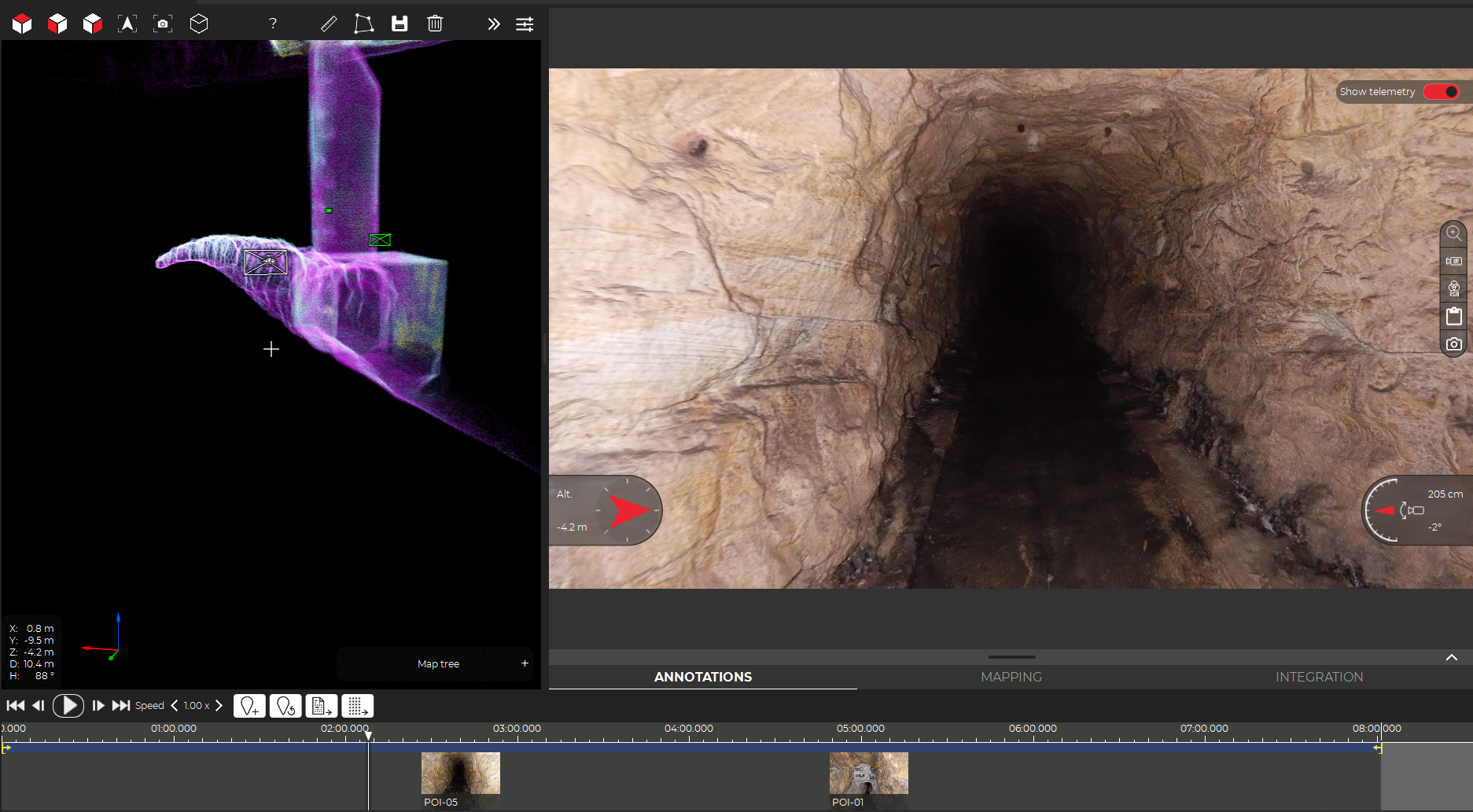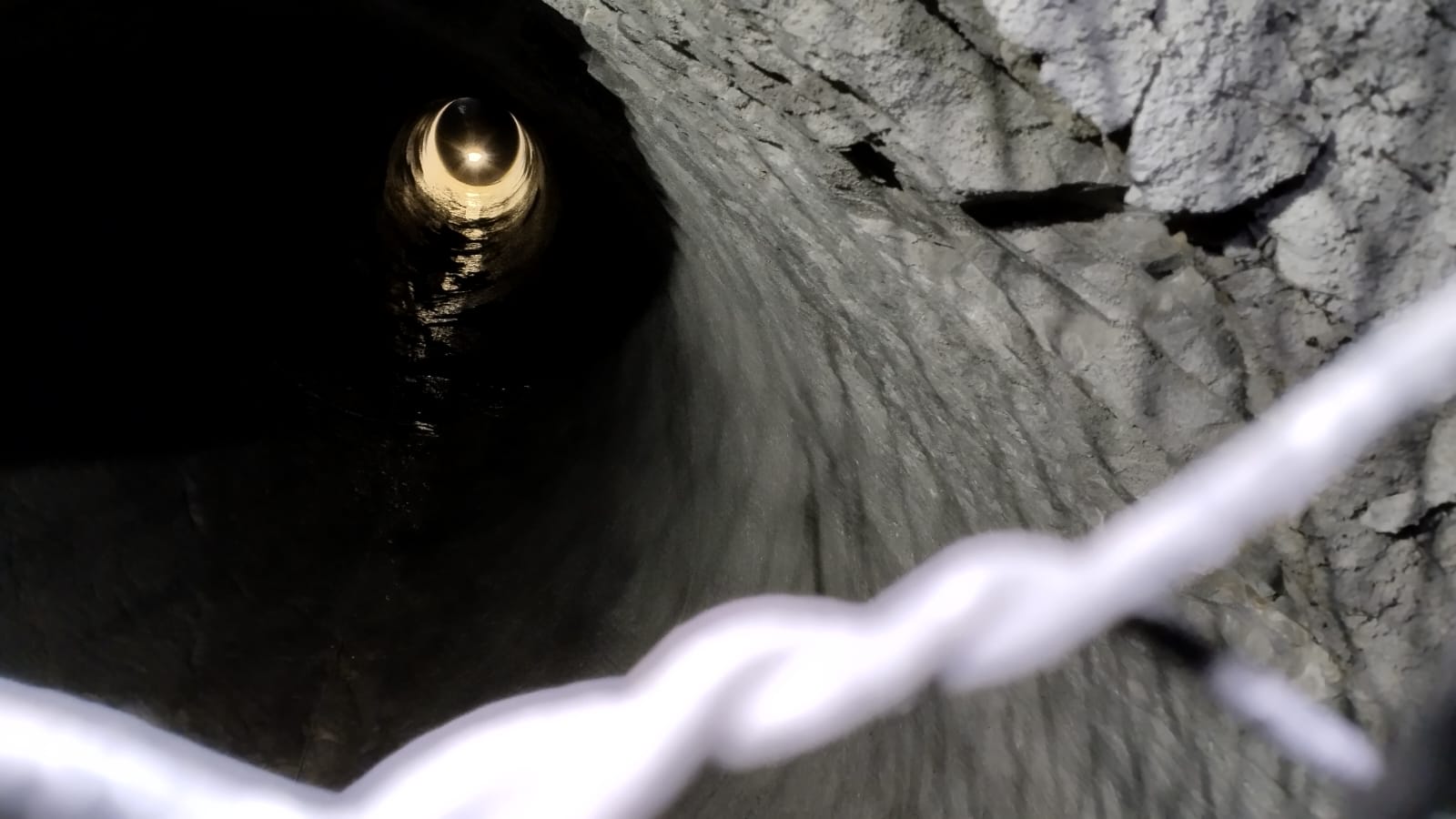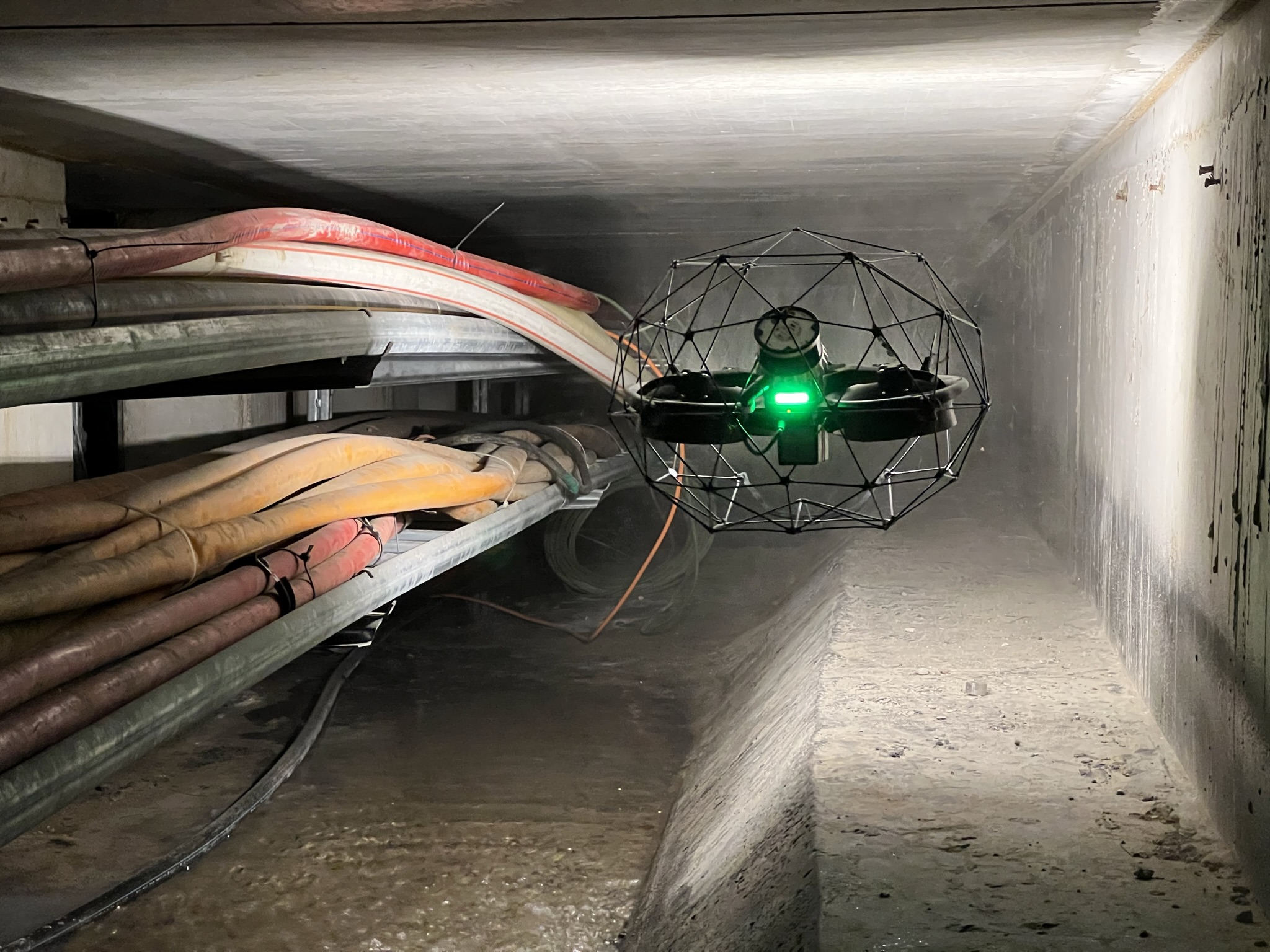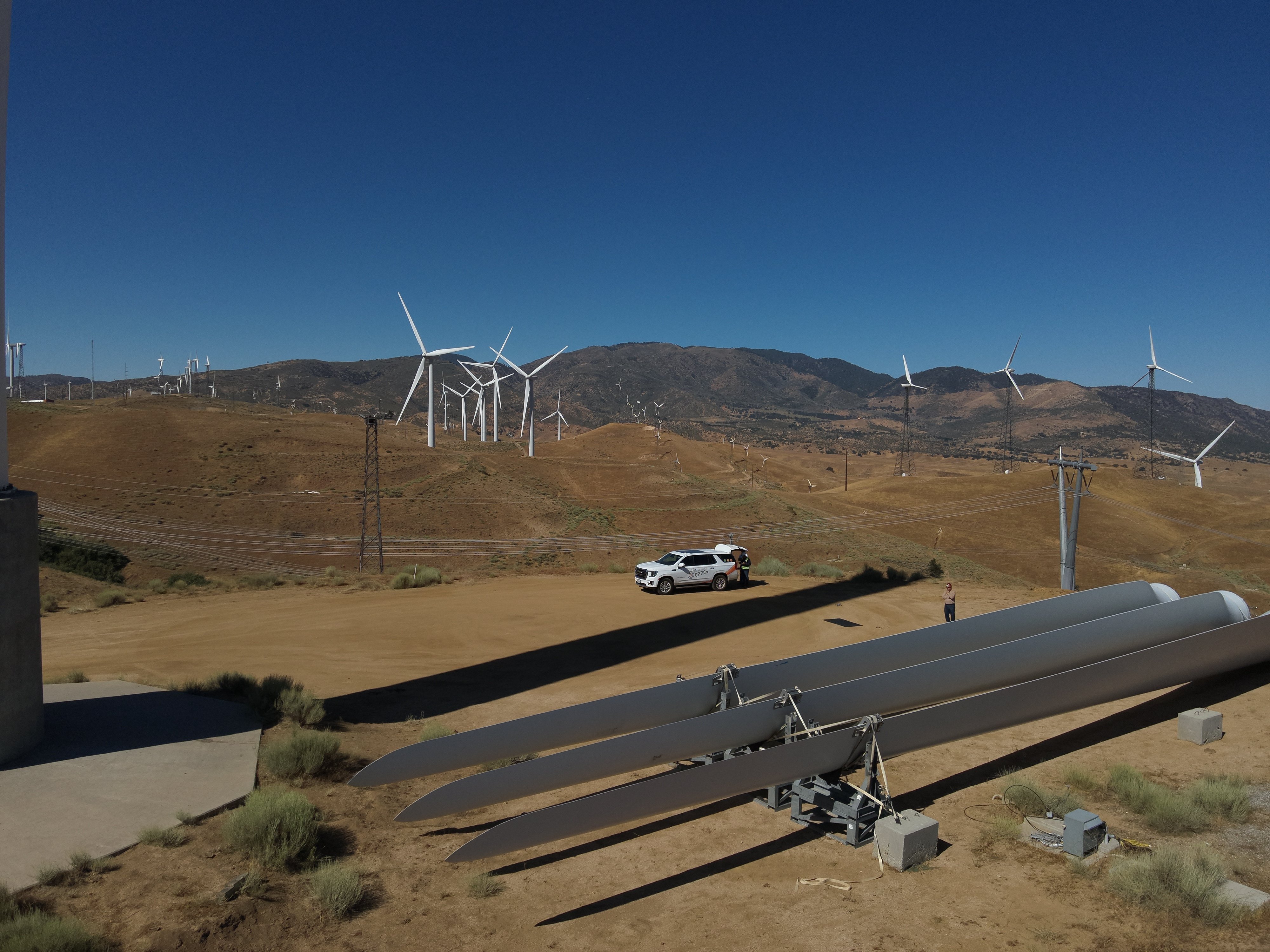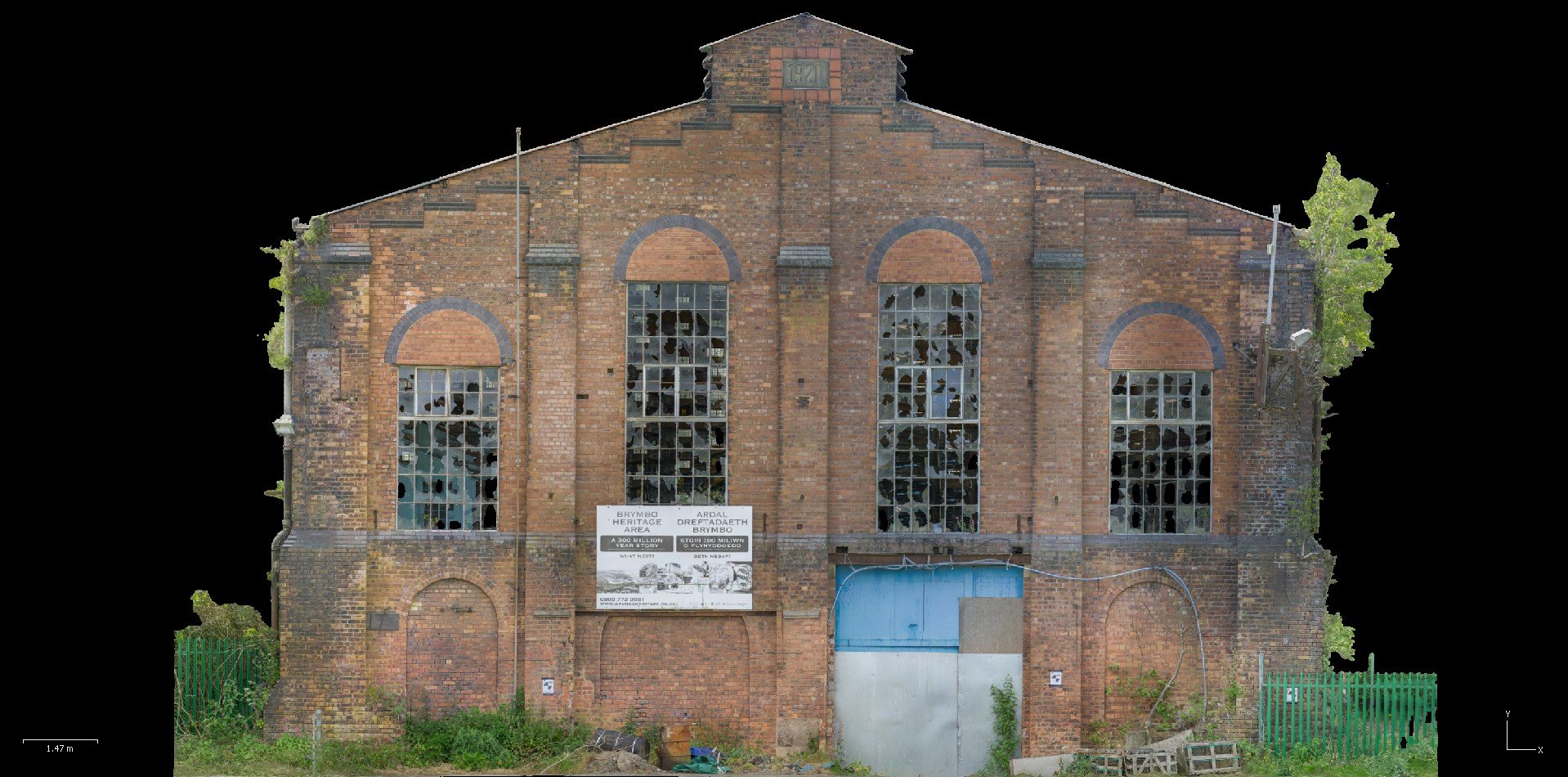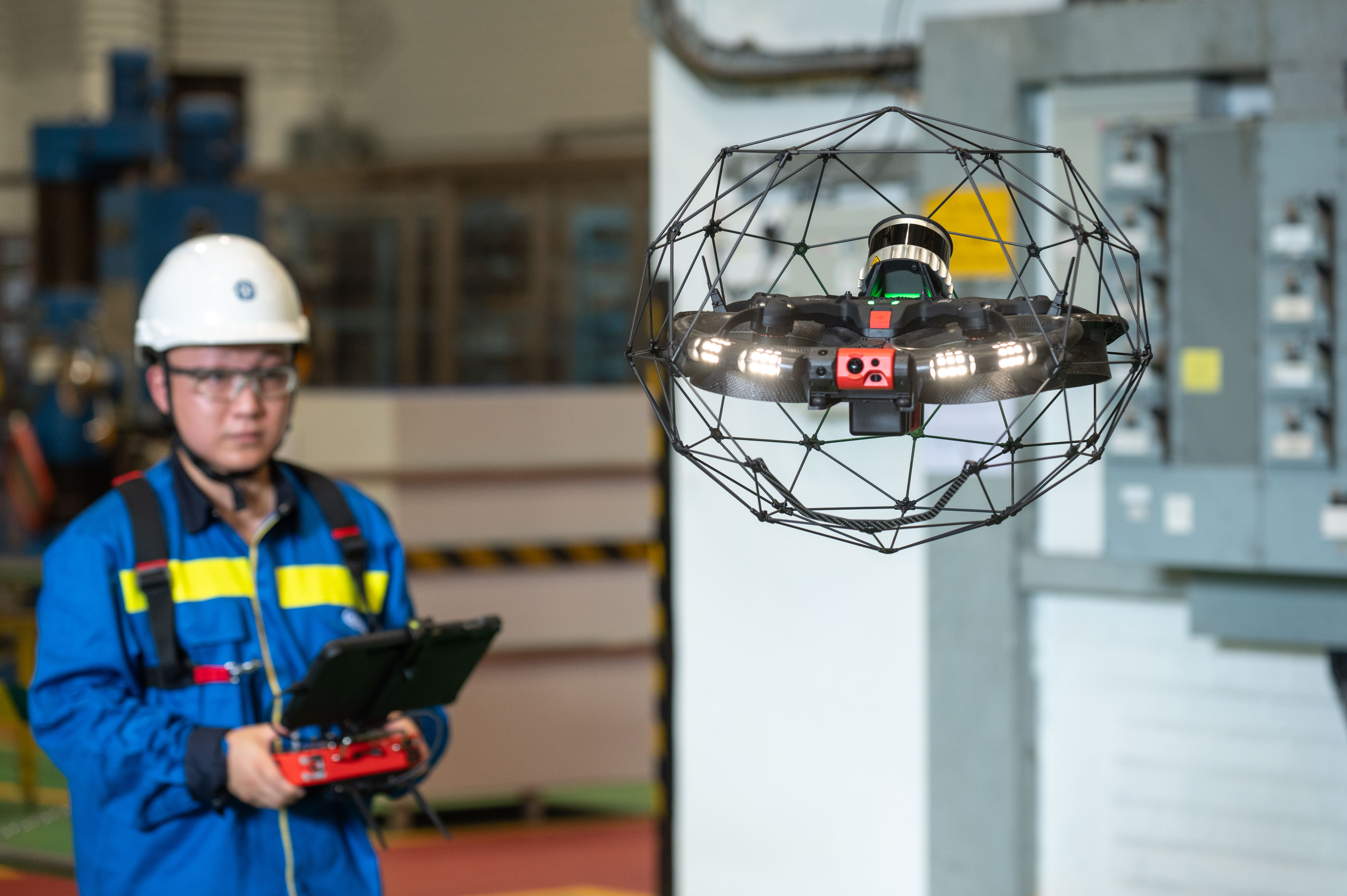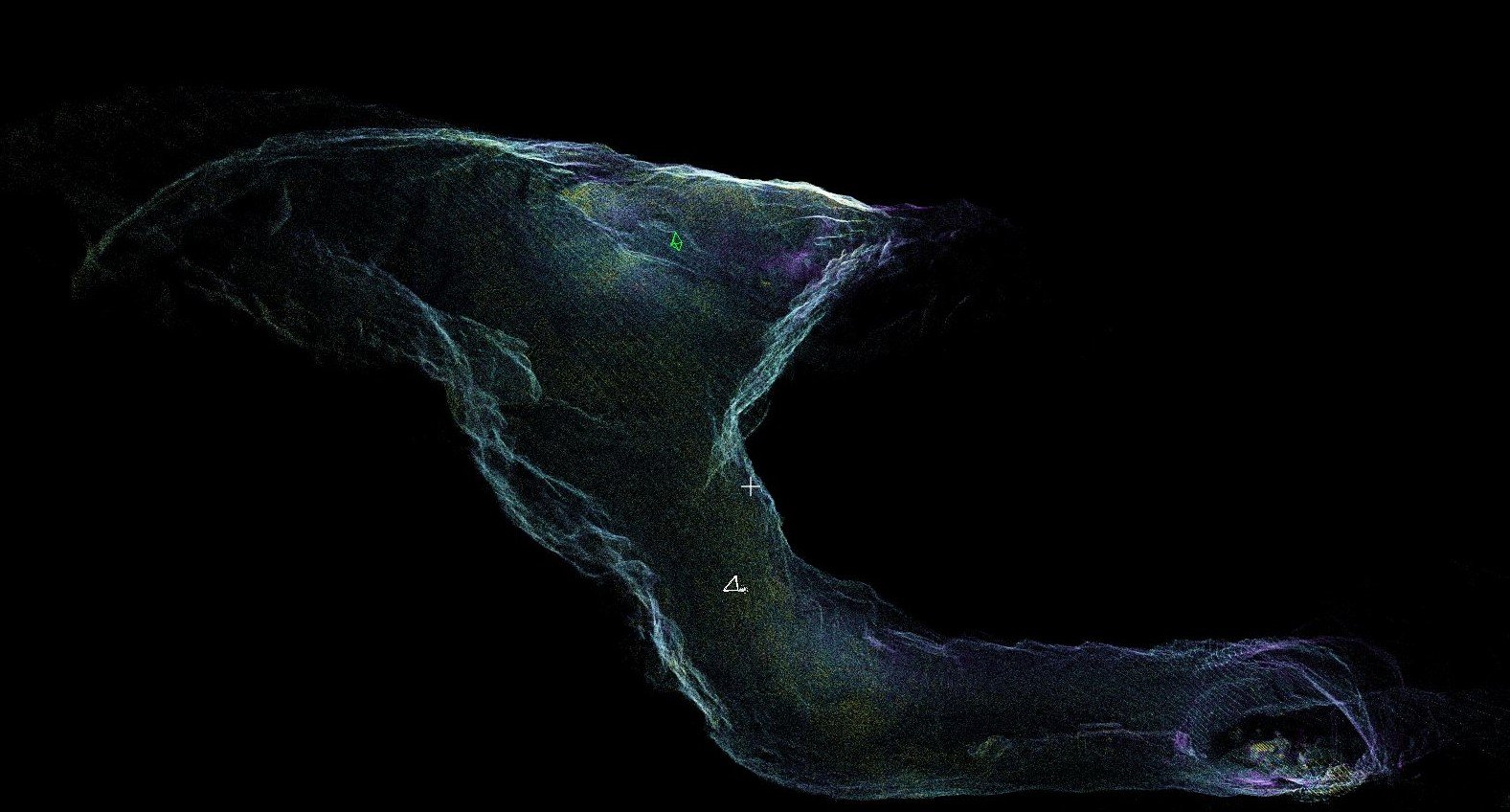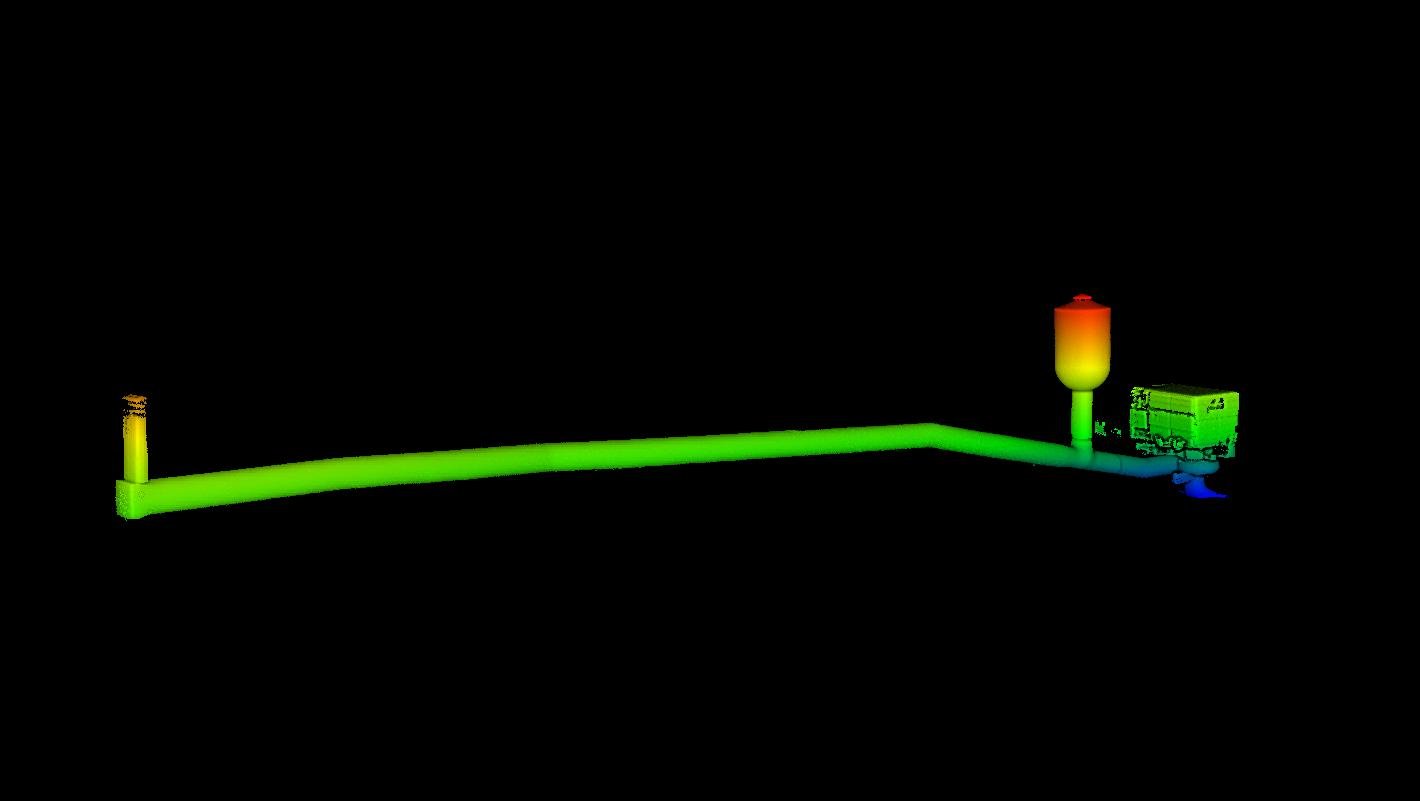- Case Studies >
- Inspection of enzymes fermenter tanks
Inspection Of Enzymes Fermenter Tanks
Novozymes, a world leader in biological solutions, is looking for solutions improving the quality of its infrastructure’s maintenance process while reducing cost and downtime due to inspection. Novozymes officials’ curiosity piqued by Elios’ abilities, they requested Flyability to perform a pilot project in their enzyme production facility in Blair, Nebraska, USA.
Customer Needs
Novozymes, a world leader in biological solutions producing industrial enzymes and microorganism, possess a large enzyme production facility in Blair, Nebraska, USA. The production facility has multiple production tanks that they use to inspect systematically after the production of every batch of enzymes. One batch taking between 7 to 10 days to produce, the rate of the inspection was pretty high and this costly process was making them lose a lot of time. Concerned by it, Novozymes changed the rate of inspection of its fermenter to an inspection every 10 batches. However, finding ways to get back to a systematic inspection after every batch is an important quality aspect that they are actively working on improving. When they learned about Flyability Elios, Novozymes felt this would potentially be a solution to their pressing issue.
Solution And Process
The trial inspection took place directly in Novozymes’ facility in Blair, Nebraska. As usual, Flyability sent a dedicated and experienced pilot to collaborate on the real use case. For Novozymes’ trial, three fermenter tanks were targeted, two of them being located indoors while the third one is being located outdoors. Three flights of eight minutes each were necessary to inspect the first indoors fermenter tank. During these flights, it was possible to thoroughly check the overall cleanliness of the dome and the dosing legs. The integrity of the agitator shaft and blades, line of vertical bolts on the four baffles, and integrity of the pedestal at the bottom of the tank were as well visually assessed. The second indoors fermenter tank required a shorter inspection. A single flight of eight minutes was sufficient to inspect in detail the integrity of the agitator blades as well as the overall integrity of the fermenter. The last fermenter, located outdoors, was also inspected for general integrity in a single flight of eight minutes. All the flights were conducted by the pilot, beyond the line of sight, from the outside of the tanks, thus, preventing anyone from entering them. Looking for innovative ways to solve recurring challenges in their facility and leveraging the presence of Elios within the facility, Novozymes tested the ability of Elios to provide information on containers stored in their storage warehouse. Once a year, Novozymes cross-checks the information of their inventory software with the actual state of the containers. For that, they use a crane that they deploy in the warehouse and, one container after the other, they capture the serial number of the container and check whether it is open or closed. This process is really time-consuming and it took only a few minutes to Elios to perform what is usually performed in hours.

During the inspection, an anomaly was detected in one of the fermenter tank. The missing bolt had not been seen during the previous inspection.
Results
Novozymes was really pleased by the results the pilot project provided. The goal was for Novozymes to assess the possible use of Flyability’s technology and the results exceeded their expectations as per the quality of the video, and the ability to inspect and provide valuable information on the points of control they apply to their infrastructures. During the inspection, an anomaly was detected in the first fermenter tank. A piece of fabric that was stuck in a bolt and that had nothing to do there was found. The tanks had been inspected a few weeks before and this piece of fabric had not been detected. A missing bolt on the agitator shaft of the second tank was as well detected. Again, this fermenter had been inspected only a few days before and the anomaly had not been detected. For Flyability the result of the trial is highly promising and the lessons-learned prove a possibility to run a complete inspection of a fermenter tank in a single flight thus lowering the inspection time, including HSE procedures, to less than 10 minutes from deployment with Elios which do not require any preliminary preparation.


